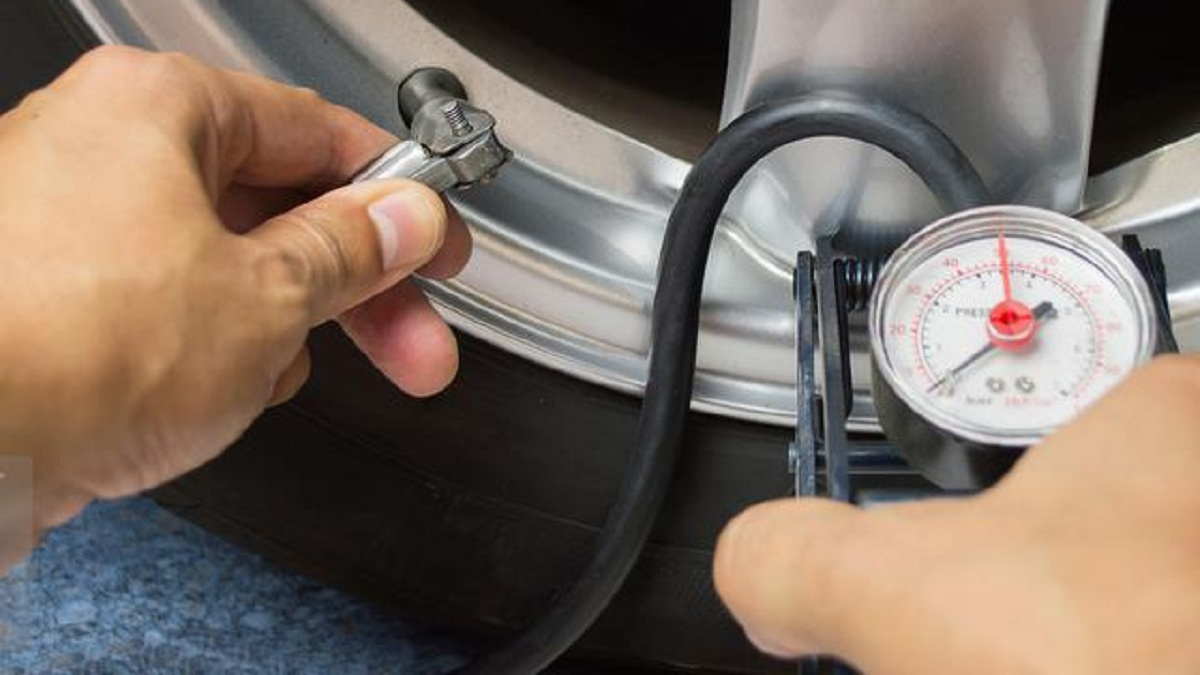The jail term of deposed leader Aung San Suu Kyi has been reduced from four to two years by Myanmar authorities. The army’s top has granted Suu Kyi a partial pardon. The military seized power in the Southeast Asian country this spring, after elections that resulted in a victory for Suu Kyi.
Suu Kyi, 76, was sentenced earlier today to four years in prison for sedition and violating corona measures during the election campaign. There are other charges against her, including corruption. The lawsuits over this are still to come, with the elected leader of Myanmar facing decades in prison.
Former President Win Myint was also sentenced to four years in prison today. He is also guilty of corruption, according to authorities.
Political process
According to observers and human rights groups, the lawsuits are part of a political process designed to silence Suu Kyi for a long time. The politician was deposed by the army on February 1.
Human rights organization Amnesty International speaks of “false charges” that are “the latest example of the military’s determination to eliminate all opposition”. According to Human Rights Watch the outcome of the trial of Suu Kyi was already established when she was arrested by the military regime.
The chairman of the Nobel Peace Prize committee, which Suu Kyi won in 1991, does not consider the lawsuit credible. She also says she is concerned about what Suu Kyi’s imprisonment will mean for the future of democracy in Myanmar.
Setback for democracy
The international community also condemns the trial and the prison sentence imposed. Josep Borrell, European Union Foreign Representative, see the punishment as another major setback to democracy in Myanmar since the military coup. He demands the release of Suu Kyi and all other political prisoners.
United Nations Human Rights Chief Michelle Bachelet labels the lawsuit in a statement as a “mock trial” that is “nothing but politically motivated”.
Neighboring China says it hopes the parties in Myanmar can bridge their differences and move forward with the democratic transition. In response, Japan demands the restoration of democracy.
–


